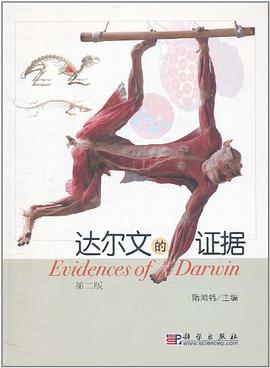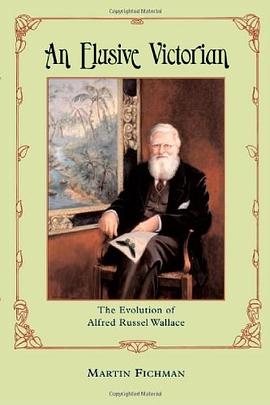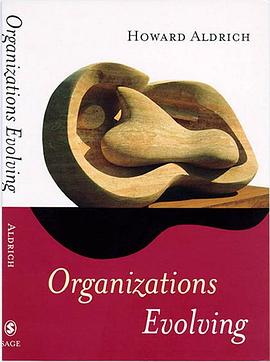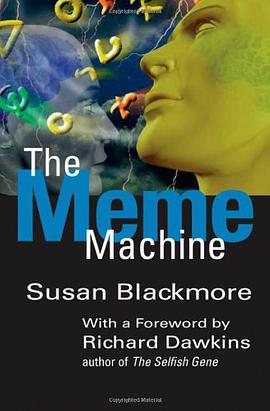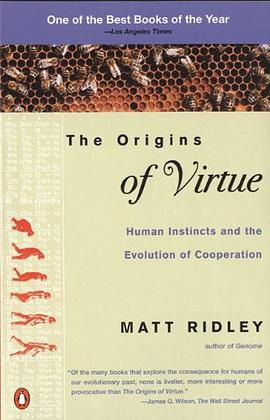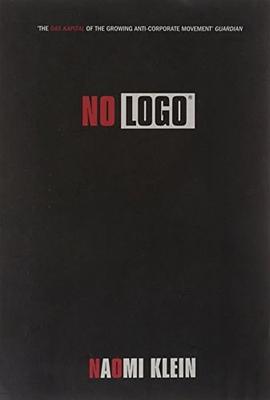

具體描述
With a new Afterword to the 2002 edition. No Logo employs journalistic savvy and personal testament to detail the insidious practices and far-reaching effects of corporate marketing—and the powerful potential of a growing activist sect that will surely alter the course of the 21st century. First published before the World Trade Organization protests in Seattle, this is an infuriating, inspiring, and altogether pioneering work of cultural criticism that investigates money, marketing, and the anti-corporate movement.
As global corporations compete for the hearts and wallets of consumers who not only buy their products but willingly advertise them from head to toe—witness today’s schoolbooks, superstores, sporting arenas, and brand-name synergy—a new generation has begun to battle consumerism with its own best weapons. In this provocative, well-written study, a front-line report on that battle, we learn how the Nike swoosh has changed from an athletic status-symbol to a metaphor for sweatshop labor, how teenaged McDonald’s workers are risking their jobs to join the Teamsters, and how “culture jammers” utilize spray paint, computer-hacking acumen, and anti-propagandist wordplay to undercut the slogans and meanings of billboard ads (as in “Joe Chemo” for “Joe Camel”).
No Logo will challenge and enlighten students of sociology, economics, popular culture, international affairs, and marketing.
“This book is not another account of the power of the select group of corporate Goliaths that have gathered to form our de facto global government. Rather, it is an attempt to analyze and document the forces opposing corporate rule, and to lay out the particular set of cultural and economic conditions that made the emergence of that opposition inevitable.”—Naomi Klein, from her Introduction
著者簡介
娜歐米·剋萊恩(Naomi Klein),1970年生於加拿大濛特利爾,記者、暢銷書作傢、社會活動傢、反全球化分子、電影製片人,以其對全球化的批判聞名於世。昔日是迷戀名牌的美少女,今日成為反思品牌文明最深刻、最重要的文化觀察者。走訪跨國企業在歐美、亞洲、非洲各地的作為,寫成《NO LOGO》一書,引起全球廣泛迴響。
她被《泰晤士報》譽為“可能是三十五歲以下對世界最具影響力的人士”,《紐約時報》亦成她“隱然是北美左派運動的代錶”。在大衛·赫爾曼的《全球公共知識分子排行榜》中,剋萊恩排行第11位,在世界公共知識分子中占有相當重要的地位。作者2007年所著《休剋主義:災難資本主義的興起》一書,對新自由主義和芝加哥學派發起最有力的挑戰,2009年贏得瞭首屆華威奬,再次贏得巨大的聲譽。
圖書目錄
讀後感
当然有些地方确实有用,如提到一个企业集团,拥有广泛的产品谱系,最后整合成品牌与市场导向的上市公司。和我们有些国企面临的情况一模一样。
評分NO LOGO 这本书,因为误解而买,本来以为是介绍国际品牌营销的,看了一段后,才知道,这是要灭掉LOGO的。 书中的背景是全球化的泛滥,我们的印象中,接触的包括沃尔玛、麦当劳以及他们闪亮的品牌,应该都是西方的主流文化,精英文化,是我们一直向往、敬仰和学习的。 这本书给...
評分约翰,这些日子,我编了几本书,想说给你听。自然是有你的,放在最后说。 先说说No Logo。你认识作者的,娜奥米 •克莱恩(Naomi Klein),加拿大的一位女记者,她的第一本书,讲品牌如何吮吸了文化的梦想、如何挤占了公共空间,讲品牌背后的血汗逻辑,还有如何利用品牌反击...
評分关于大品牌的建立,经过这么多年的熏陶,大家早就心知肚明了。我没看过英文版的,只是这中文版看起来非常深奥和乏味,很多句子要反复斟酌才能明白。这可能是大部分翻译作品的通病。
評分用戶評價
其實前麵的部分更加說明瞭brand的重要性...
评分學術上的欠嚴謹沒有抹殺共鳴的快樂。不過還是要保持警惕。
评分我看的當然是中譯本
评分history of ad and branding
评分history of ad and branding
相關圖書
本站所有內容均為互聯網搜索引擎提供的公開搜索信息,本站不存儲任何數據與內容,任何內容與數據均與本站無關,如有需要請聯繫相關搜索引擎包括但不限於百度,google,bing,sogou 等
© 2025 book.quotespace.org All Rights Reserved. 小美書屋 版权所有

